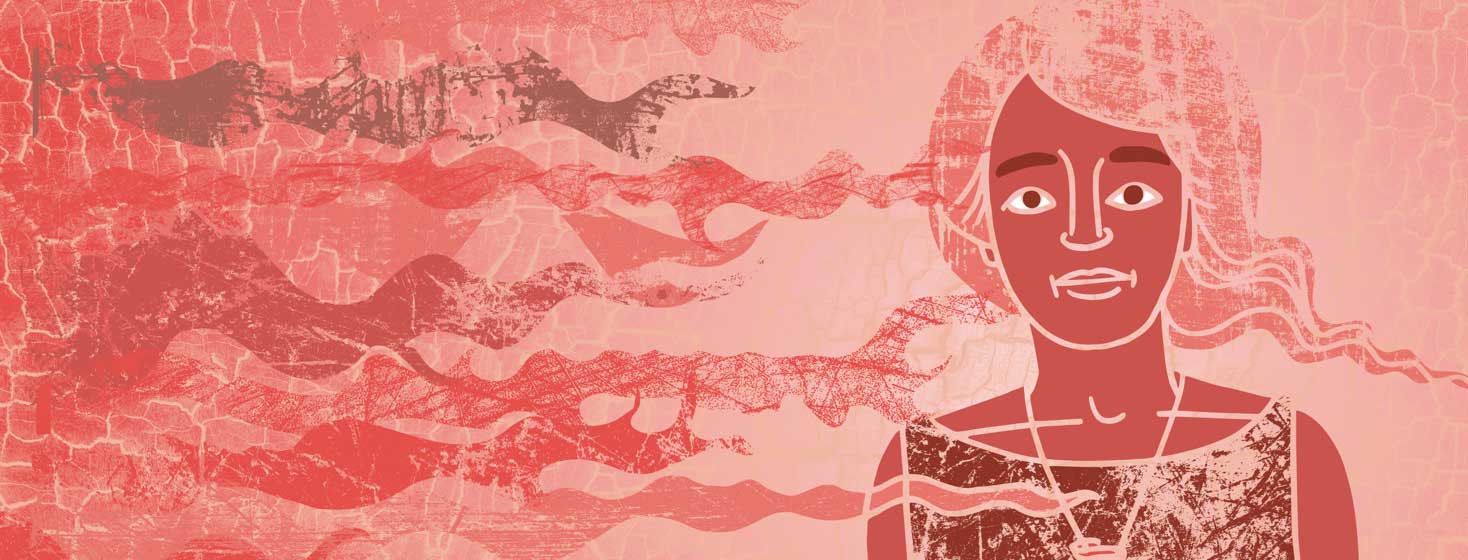Exploring Post Traumatic Stress Disorder in Cystic Fibrosis (Part 2)
It is still early days when looking at the long-lasting effects trauma can have on babies and parents in newborn intensive care units (NICU). What has been identified as badly controlled cortisol secretion causes toxic stress. Cortisol is what manages that “fight or flight” response I spoke about in "Exploring Post Traumatic Stress Disorder in Cystic Fibrosis Part 1."
A study carried out in 2018 did identify that newborn babies and children affected by (hospital-induced) adverse childhood experiences due to toxic stress are often linked to poor health outcomes. However, stress-buffering through strong social supports and connections can mitigate the short- and long-term impacts, making stressors at worst, tolerable.”1
Tolerable. Not eliminated. Unable to be avoided. Further cementing the link between traumatic experiences in early childhood reducing positive health outcomes, management of the illness, and long-lasting trauma responses in adult patients.
Experiences with cystic fibrosis and trauma
Needle phobia and PTSD
CF patients are no stranger to needle and procedure phobia often resulting from recurring bad experiences early on in life. Untreated, these can lead to mental health difficulties, severe anxiety, and avoidance of treatment. Research carried out underlined that anxiety disorders to specific phobias that began because of past trauma, can cause psychic fracturing.2
This can lead to dissociative ego states where an aspect of the self remains attached to the past trauma on a subconscious level. When a stressor or trigger identical to the past event is felt, an over-reaction occurs. This is how needle phobia works.2
Let us now break down how the development of needle--or any procedure--phobia can have a detrimental effect to the child or adult developing PTSD or c-PTSD:2
- The procedure or traumatic event takes place early in life
- No escape from the traumatic event (the procedure)
- Helpless, feeling out of control, trapped
- Often caregivers not present during the procedure (at request of medical professionals)
- Traumatic event happens repeatedly throughout their childhood and adult life (repeated needles, cannulas, picc lines, hospital procedures)
The psychic fracturing is being repeated time and time again.
Transplants and PTSD
Many CF people came forward highlighting their experiences around long-lasting severe emotional distress post-transplant. They felt this wasn’t being accounted for as it wasn’t widely acknowledged.
A recent study by Dr. Chernyak in 2019 which looked at medically-induced exacerbation of PTSD following lung transplantation highlighted that patients undergoing a lung transplantation were twice as likely to develop PTSD compared to the normal population. It also highlighted that PTSD symptoms related to remote trauma lasted up to 2 years after transplant.3
Bereavement and PTSD
The process of loving somebody with CF is a difficult one, especially when the CF person becomes unwell. Bereavement becomes increasingly difficult when you are coping with a family who has more than one CF child. Siblings with CF and how that overall will affect their own coping strategies and lifelong health outcomes are understudied.
Many CF patients who had lost a sibling to CF were filled with fear of their own potential mortality and guilt for being the healthy one left behind. It is not uncommon for a person to be diagnosed with PTSD after the death of a loved one with CF.
How do we help cystic fibrosis patients with trauma?
I choose to delve into this topic because I feel PTSD and c-PTSD are something that often goes undiagnosed in CF care--both for the patient and caregivers. As children, we are taken to the hospital and all our physical vitals are checked, our lungs tuned up with IV’s, but at no point are our fractured psyches considered.
Our parents adapt to caring for a child or children with cystic fibrosis, learn to accept the new "reality," watch us undergo horrible procedures at the hospital, administer medications, keep us germ-free, spend hours doing physio and nebs. At no point are the on-going trauma responses presenting in our parents being reviewed and treated.
Furthermore, the everlasting damage to the CF person isn’t easily recognized when we reach adulthood either. I feel the medical professionals are finally catching up with research into PTSD and c-PTSD related to the complexity of chronic illness, yet it still not being well documented among CF care. We have a long way to go, but I am confident we will get there.
Have you or your loved one with cystic fibrosis experienced PTSD from CF-related trauma? You are not alone.

Join the conversation